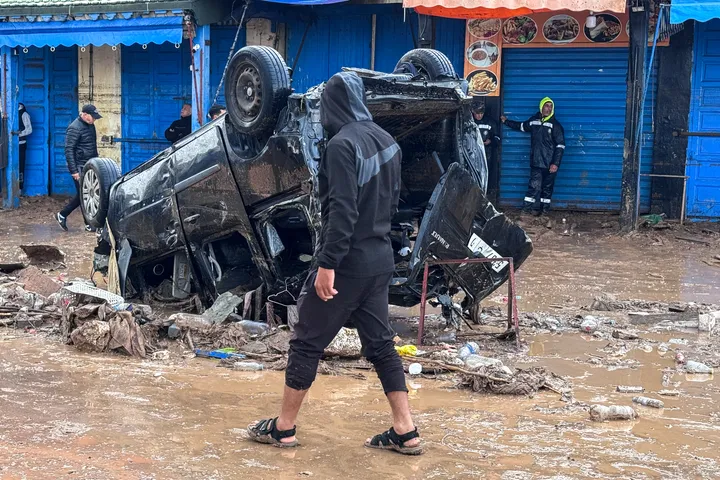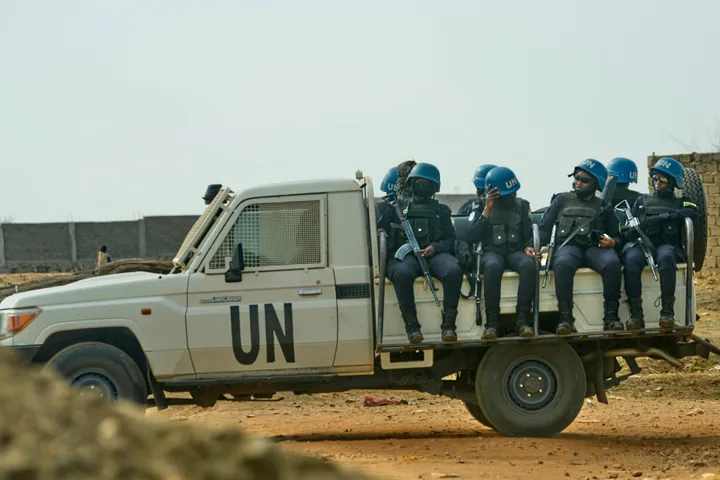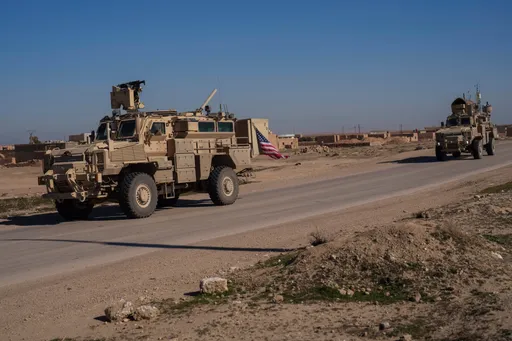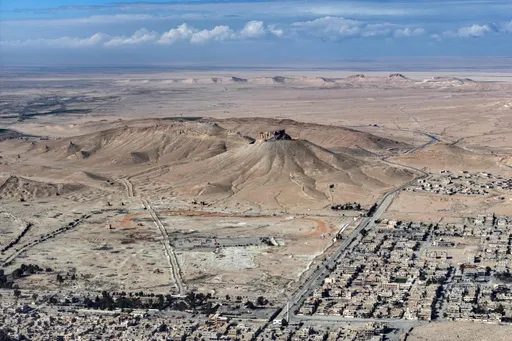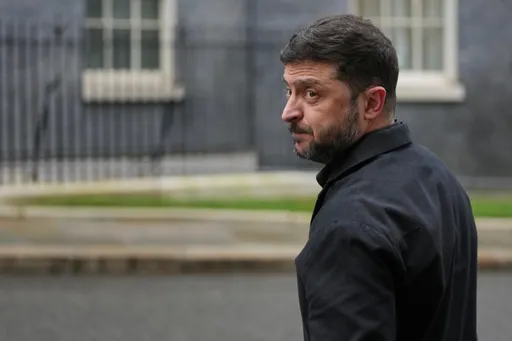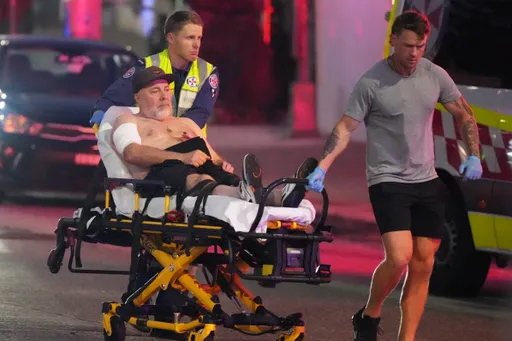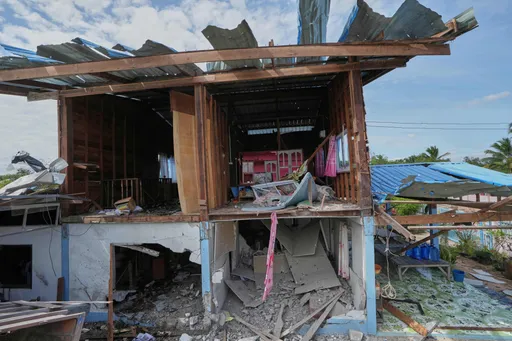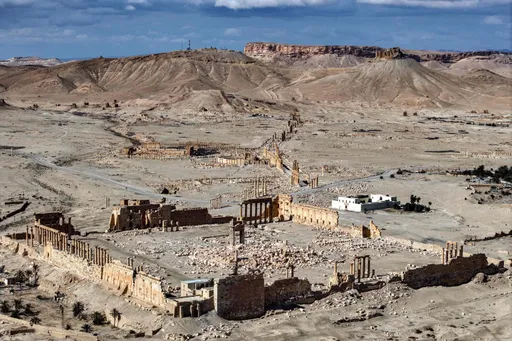In the coming weeks, the World Health Organisation (WHO) will be holding a meeting on the deadly Zika virus to discuss carrying out a new risk assessment over the upcoming Rio Olympics on whether it should be postponed or proceed as planned. However, the final decision will come from the International Olympic Committee (IOC).
The organisation's spokeswoman Nyka Alexander said, "The Emergency Committee meeting will consider the situation in Brazil including the question of the Olympics."
The Olympic Games are scheduled to take place in Rio de Janeiro from August 5 to 21 this year.
Last week, WHO rejected a call by almost 150 health experts demanding the postponement or change of venue for the event. It said, "Cancelling or changing the location of the 2016 Olympics would not significantly alter the international spread of Zika."
The Zika virus began spreading in Brazil in 2015.
The virus has been linked to more than 1,400 confirmed cases of microcephaly, a rare birth defect that causes babies to be born with abnormally small heads and developmental problems.
Experts also claim it may cause Guillain-Barre, a rare and sometimes fatal neurological syndrome in adults.
Concerns over the virus have already prompted Major League Baseball to cancel a series of games, due to take place in Puerto Rico, and the USA Swim Team to move its pre-Olympic training camp to Atlanta, Georgia.
Some athletes have already announced their withdrawal from the games due to concerns over the virus.
American cyclist Tejay van Garderen, former Masters and US PGA champion Vijay Singh and Australia's Marc Leishman are among the athletes who have withdrawn from the games.
This is the first time in the history of the Olympic Games that the host city may be moved due to medical concerns.



